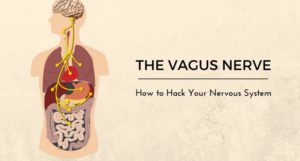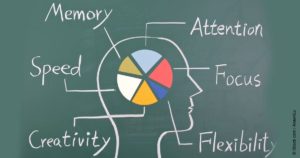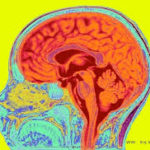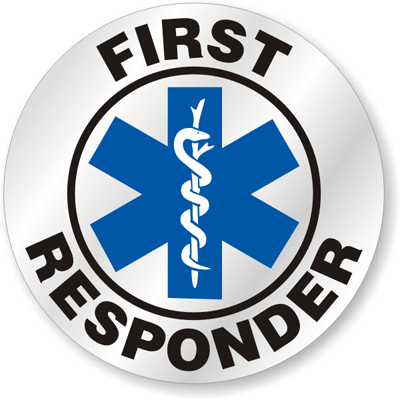Meditation is a practice which creates a change in one’s consciousness/awareness. It is accomplished by focusing ones attention on a choice of things which are known to create the shift in consciousness desired. There is a long tradition of meditation and a vast body of knowledge which is designed to guide us in the kind of consciousness experience we want to have. Some of the more popular experiences we look to cultivate from meditation include, relaxation, energy, sense of well being, compassion, kindness, forgiveness, sense of connection and understanding of reality, sense of spirituality or just an exploration of the nature of consciousness.
Some of the tools available to us in creating these changes in consciousness are mantras, sounds, visualization, imagery, prayer or simply our own bodies, breath, emotions or thoughts. Attention is the key skill to develop in meditation. It’s the engine which allows us to experience the different kinds of meditation. Attention to the present moment, or mindfulness, is the best foundation to build before exploring the other kinds of meditation. Many people make mindfulness their main form of meditation. Mindfulness is also the most scientifically researched approach to meditation.
By tapping into the vast knowledge base of meditation we can predict and choose the kind of experience we want to have based on the experience that others have mapped out for us over the centuries. It is indeed a road well traveled and it is to our benefit to travel this well known road.
Meditation takes practice. It is a skill that when developed feels natural but until developed can feel awkward and elusive. I compare it to the feeling of trying to ride a wild horse versus a horse that has been trained. All of that energy needs to be channeled in a constructive, disciplined way so that when we are riding we can trust the horse to go in the direction we want. Once we are motivated and willing to practice discipline there is the likelihood of the full meditative experience.
Here are some suggestions to help us sustain our meditation practice:
1. Set up a regular schedule. We are creatures of habit so it is important especially in the beginning to set up a schedule that is the same everyday. I recommend picking a time in the morning that allows you to practice before your daily activity. It’s a great way to start the day and the effects of the meditation will continue with you throughout the day. This will have a very positive influence on how each day unfolds for you. Studies show that habits take about eight weeks to establish so be patient with yourself as you begin.
2. Create a meditation space. Set up a space where you can be comfortable meditating. Creating comfort is important to motivation and sustaining practice. Start with setting up a comfortable place to sit. Whether it is a cushion or a chair pick out something that will enhance comfort. Also, if possible make this space an expression of your meditation practice in that it should express silence, stillness and focus. In so doing it would be good to remove anything that can cause distractions such as phones, televisions and computers. Also keep the room at a moderate temperature.
3. Tend to your stomach. Get into the habit of meditating while your stomach is at ease. This is important and needs to be emphasized. Our stomachs have way more influence over us that we care to admit. If we are full then the stomach uses our energy for digestion. If we are too hungry then our stomach tries to get our attention to eat. Either way is a distraction. We want to be in the middle. Not too hungry and not too full. This will make meditation easier and is an important habit to create.
4. Be gentle with yourself. Some days meditation will be easy and some days not so much. Although there is a lot to be said for the discipline of sticking to a certain number of minutes regardless of difficulty there is also a lot to be said for being gentle with yourself particularly in the beginning. If you set aside thirty minutes for meditation and find that you are struggling, then it is fine to shorten the meditation to accommodate the resistance. Meditation is a journey, not a destination so we have no need to rush for results. Your practice will flourish in time and there is a natural rhythm that you will find that will allow you to be gentle with yourself as well as able to develop and sustain the habit.
5. Make a list of why your are meditating. Once you make your list of why you are meditating get into the habit of reviewing the list a least once a week. During times of resistance this list will remind you why you are practicing. The list can be revised when necessary and can be used to bolster motivation. The list can be long or short and can contain such things as reducing stress, communicating more clearly with yourself and others, having less fear, experiencing life with more joy, having more compassion, deepening understanding and creating more peace. Write down what is most meaningful for you and revisit your list on a regular basis.










